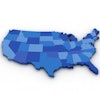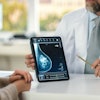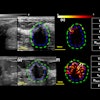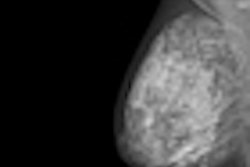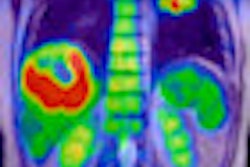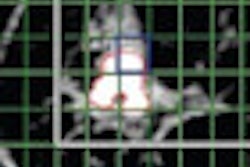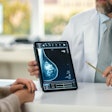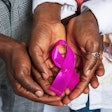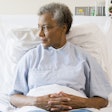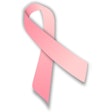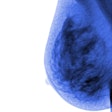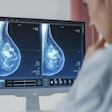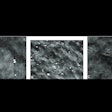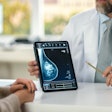CHICAGO - In a study of women ages 40 to 49 screened with mammography, the risk of finding invasive breast cancer was similar regardless of whether a woman had a family history of the disease, indicating that this age group would benefit from annual screening.
"Family history does not seem to impact the rate of invasive disease in this cohort," said Dr. Stamatia Destounis, radiologist and managing partner of Elizabeth Wende Breast Care, at a press briefing at the RSNA 2011 meeting. "We were intrigued and surprised by the data," she said, noting that common wisdom suggests that women with a family history would be at greater risk that women without a family history of breast cancer.
"It supports what we mammographers do," she said. "We know it is important to screen women in their 40s."
In 64% of the cases, women without a family history of breast cancer were diagnosed with an invasive form, compared with 63.2% of women who had a close relative with a history of breast cancer (p = 0.8695), according to Destounis.
When to begin breast cancer screening is a controversial topic of late, she said, with organizations such as the American Cancer Society (ACS) suggesting that age 40 is appropriate for annual mammography, whereas the U.S. Preventive Services Task Force (USPSTF) in 2009 recommended that women routinely get screening mammograms every other year starting at age 50.
This study indicates that age 40 is appropriate -- and that it is appropriate for all women, not just those deemed at high risk due to family history, genetics, and other factors, she noted.
Destounis and colleagues reviewed 10 years of data from the Elizabeth Wende Breast Care database, identifying 6,154 cancers in 5,813 patients; 1,116 cancers were observed among 1,071 women ages 40 to 49.
She said that 373 of the cancers were detected during screening procedures: 144 among women with a family history of the disease and 228 among women with no family history of the disease.
"There are very few mammographers who feel differently about the need to screen at 40 years of age," said Dr. Gary Whitman, professor of radiology at MD Anderson Cancer Center, who moderated the briefing.
"Disseminating this information will help people in clinical decision-making," he added. "Ultimately, you would like to modify what the task force has done or make sure that other organizations that are writing guidelines are aware of this data."
"We want to diagnose tumors early," Destounis said. "We want our patients to survive."
